China: Unilateral US withdrawal from JCPOA root cause of crisis
China says the United States’ unilateral withdrawal from Iran’s landmark 2015 nuclear deal with six world powers, officially known as the Joint Comprehensive Plan of Action (JCPOA), is the root cause of growing tensions.
In May 2018, US President Donald Trump unilaterally pulled his country out of the JCPOA and later reimposed the sanctions that had been lifted against Tehran and began unleashing the “toughest ever” fresh sanctions.
The nuclear deal had been reached between Iran and five other countries – the US, Britain, France, Germany, Russia and China.
“The United States' unilateral withdrawal from the JCPOA, turning a blind eye to international law and international obligations, imposing 'maximum pressure' against Iran and obstructing other parties' implementation of the JCPOA are the root causes of the Iran nuclear tensions and should be the basic starting point for all parties to deal with the issue in an objective and fair manner,” said China's Ministry of Foreign Affairs spokesman Geng Shuang in a press conference on Thursday.
He also said the international community “should firmly maintain the deal and cool off the tensions in the Persian Gulf.”
“The JCPOA is an important achievement of multilateral diplomacy which was approved by the UN Security Council, and it is also an important support for peace and stability in the Middle East,” Geng further said.
His remarks came a day after Trump urged other signatories of the deal to pull out of what had remained of the JCPOA, promising to impose new economic sanctions on Tehran.
In response to the unilateral US withdrawal from the nuclear deal, Tehran has so far rowed back on its nuclear commitments five times, the last of which was taken on Sunday, within Articles 26 and 36 of the JCPOA, but stressed that its retaliatory measures will be reversible as soon as Europe finds practical ways to shield mutual trade from the US sanctions.
Tehran announced on Sunday that Iran no longer observes operational limitations on its nuclear industry, including with regard to the capacity and level of uranium enrichment, the amount of enriched materials as well as research and development.
However, European members since November have begun raising the possibility of triggering the JCPOA’s “dispute resolution mechanism,” which is also known as the trigger mechanism, and whose activation can lead to the return of UN sanctions on Iran.
Elsewhere in his remarks on Thursday, Geng stressed that “the JCPOA is an important achievement of multilateral diplomacy which was approved by the UN Security Council, and it is also an important support for peace and stability in the Middle East.”
He also said Iran’s nuclear deal was the cornerstone of the global nuclear non-proliferation system, adding that China, as one of the remaining signatories of the JCPOA, would continue to play a constructive role in maintaining peace and security in the Middle East and the Persian Gulf region.
Saudi delegation meets HTS leader at presidential palace in Damascus
Relentless Israeli ceasefire violations justify need for self-defense: Lebanese MP
Tel Aviv tells Damascus Israeli forces will remain in occupied territory: Report
Dec. 22: ‘Axis of Resistance’ operations against Israeli occupation
‘Abhorrent’: Oxfam says only 12 trucks delivered aid in North Gaza since Oct.
VIDEO | Leader receives religious eulogists on Hazrat Fatima birth anniv.
Pope Francis slams Israel’s ‘machine-gunning’ of Gaza children
US hostage-taking of Iranian nationals violation of intl. law: Deputy FM


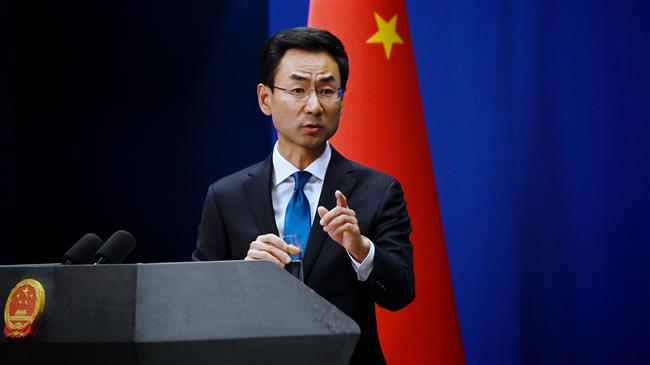


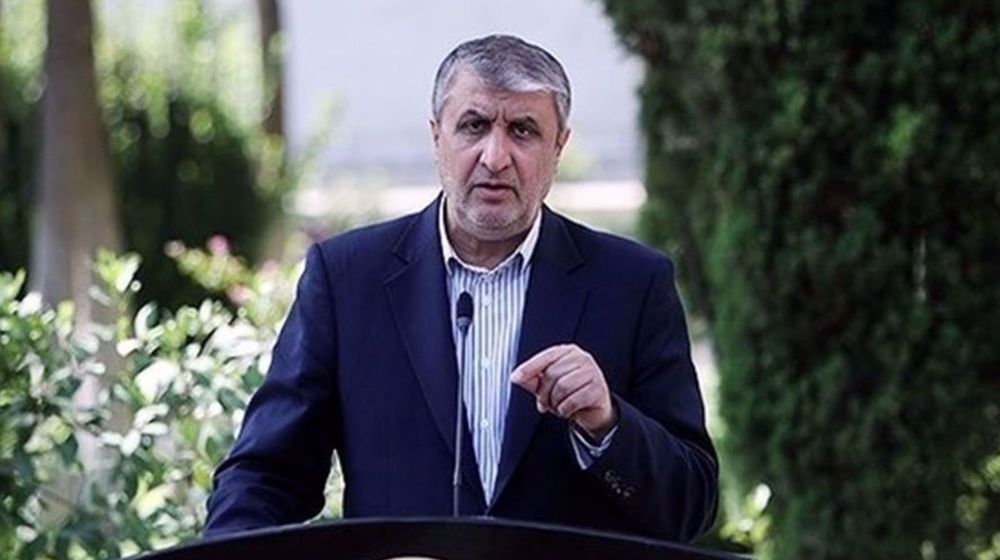
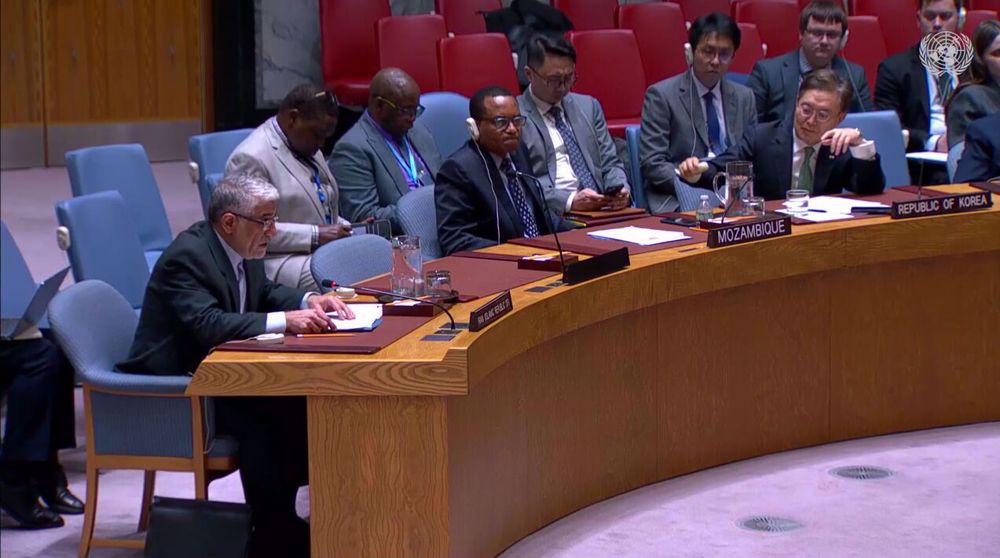
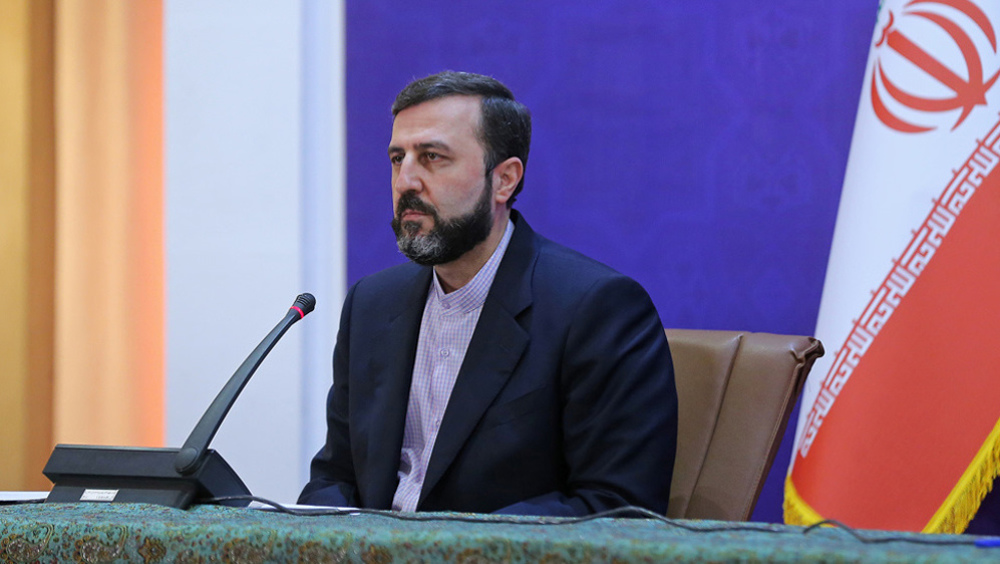



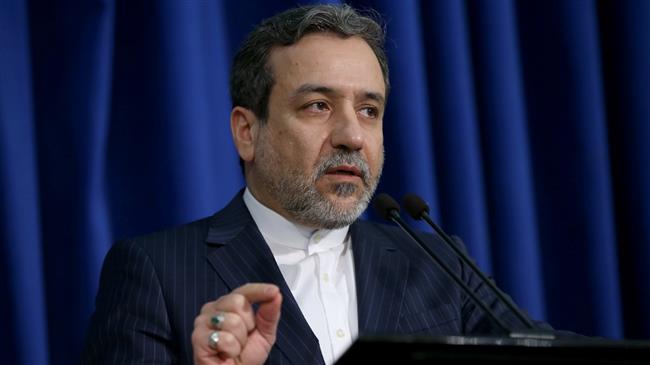
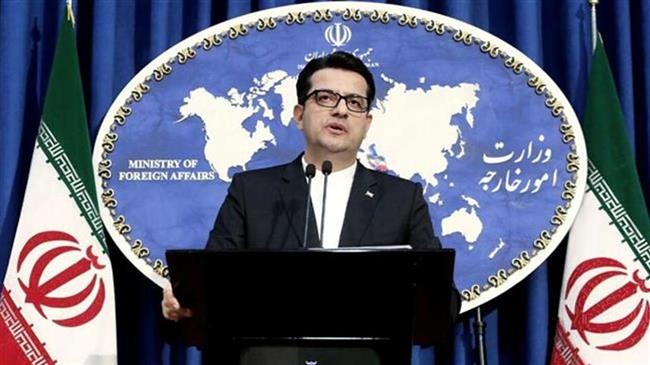
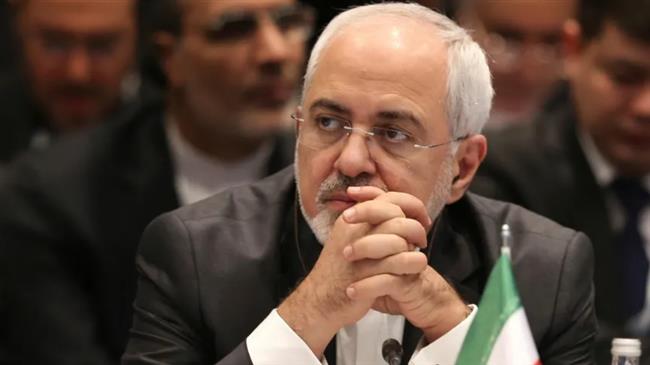

 This makes it easy to access the Press TV website
This makes it easy to access the Press TV website